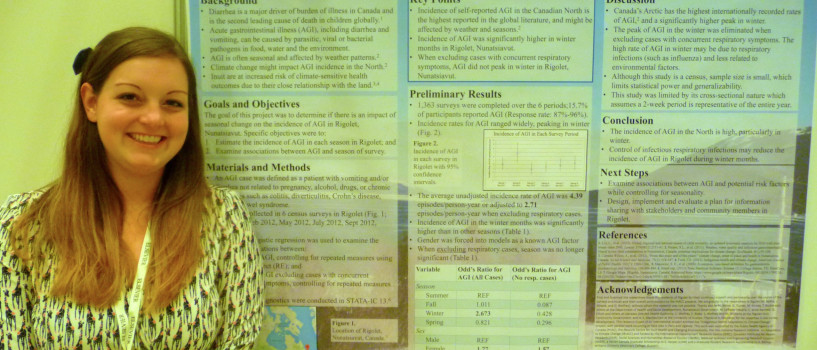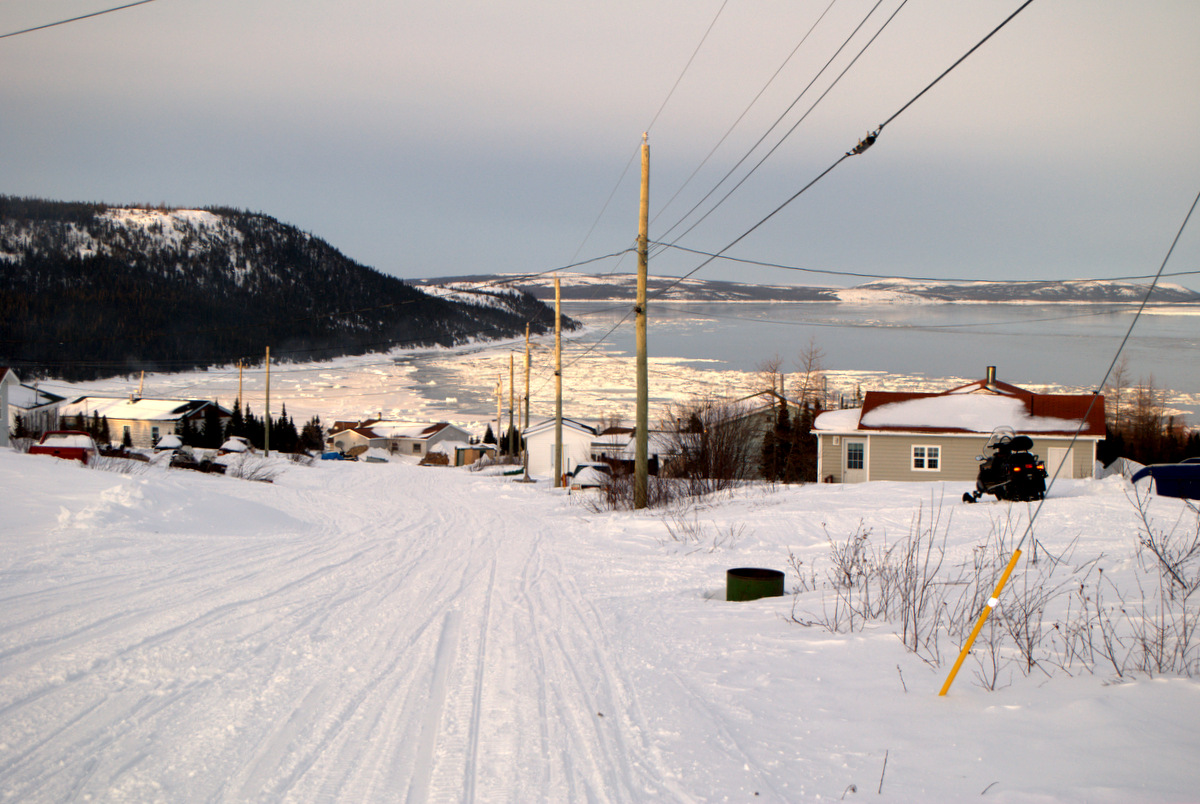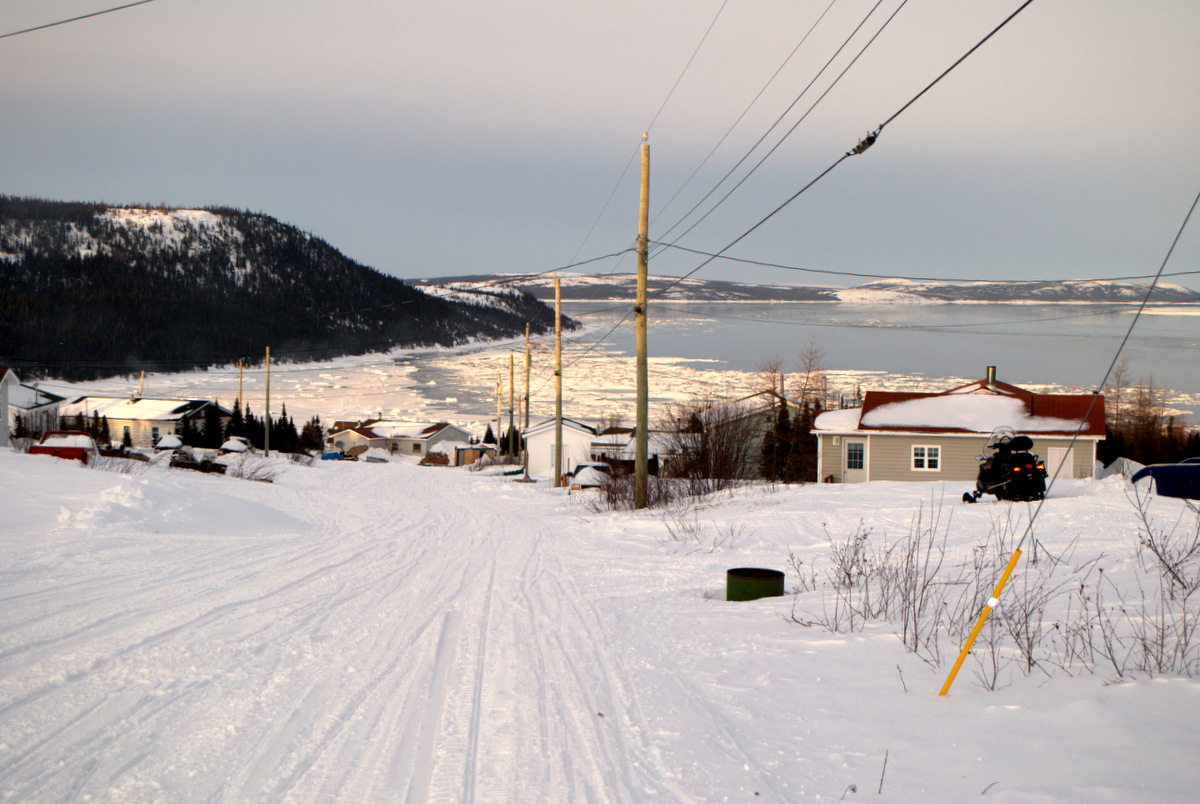We are happy to announce that IHACC collaborator Sarah Statham's Master's work has been published in the latest edition of Polar Record! Follow this link to read the article, entitled Anomalous climatic conditions during winter 2010–2011 and vulnerability of the traditional Inuit food system in Iqaluit, Nunavut. Abstract:
This study examines how climatic extremes during winter 2010–2011 affected the traditional food system in Iqaluit, Nunavut. This winter was anomalous throughout the Canadian Arctic, and manifested itself locally by warmer temperatures and decreased ice coverage. Drawing upon in-depth interviews with hunters (n = 25), a fixed question survey with public housing residents (n = 100), as well as analysis of remotely sensed sea-ice charts and temperature data from the Iqaluit weather station, this work identifies and characterises the extreme climatic conditions experienced, their subsequent effects on Iqaluit's traditional food system, and coping strategies used for dealing with food-related stresses. The results show increased environmental stress on the traditional food system compared to previous years. Freeze up occurred 59 days later than the average for the 1982–2010 period, while mean annual temperatures were 4.9ºC higher than the climatological mean, which negatively impacted hunters’ harvests and residents’ food supplies. Coping strategies alleviated some stresses, but adaptability was limited for financially insecure households reliant on income support. The study shows that when challenging socioeconomic conditions, such as those associated with public housing, are coupled with significant environmental stress, such as experienced during that winter, the vulnerability of the traditional food system is exacerbated. We suggest that winter 2010–2011 can be used as an analogue for exploring future food system vulnerabilities, with climate models projecting similar conditions in the coming decades.





